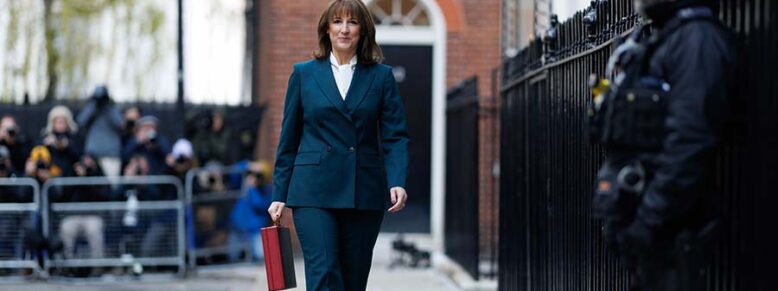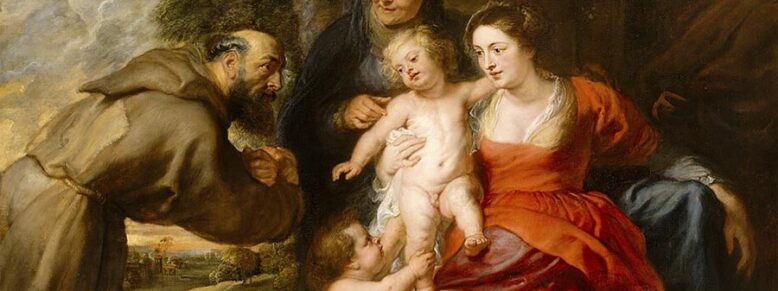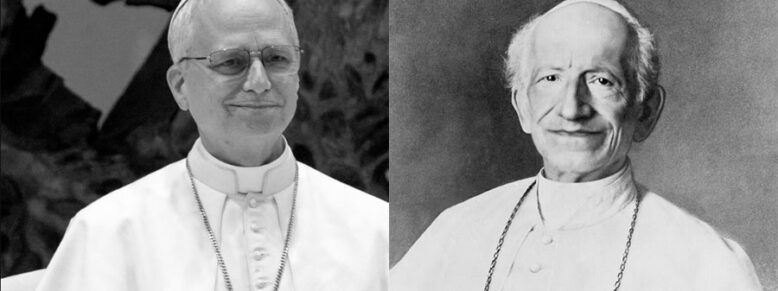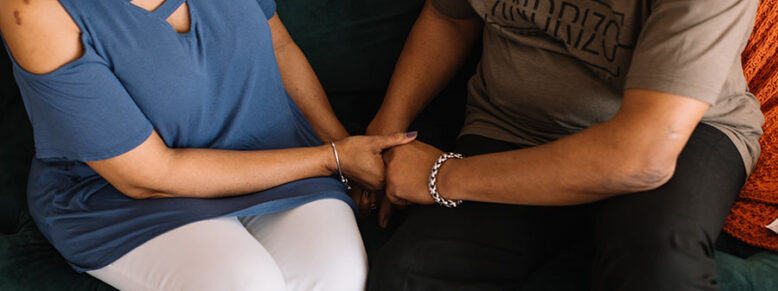Providing Christian commentary on the recent budget is not especially easy. There was a measure to remove the two-child cap on Universal Credit payments that was welcomed by many Christians. But the rest of the budget was really a collection of bits and pieces as well as deferred tax rises on which it is difficult to provide a Christian analysis.
Read more >>Back to budget basics











